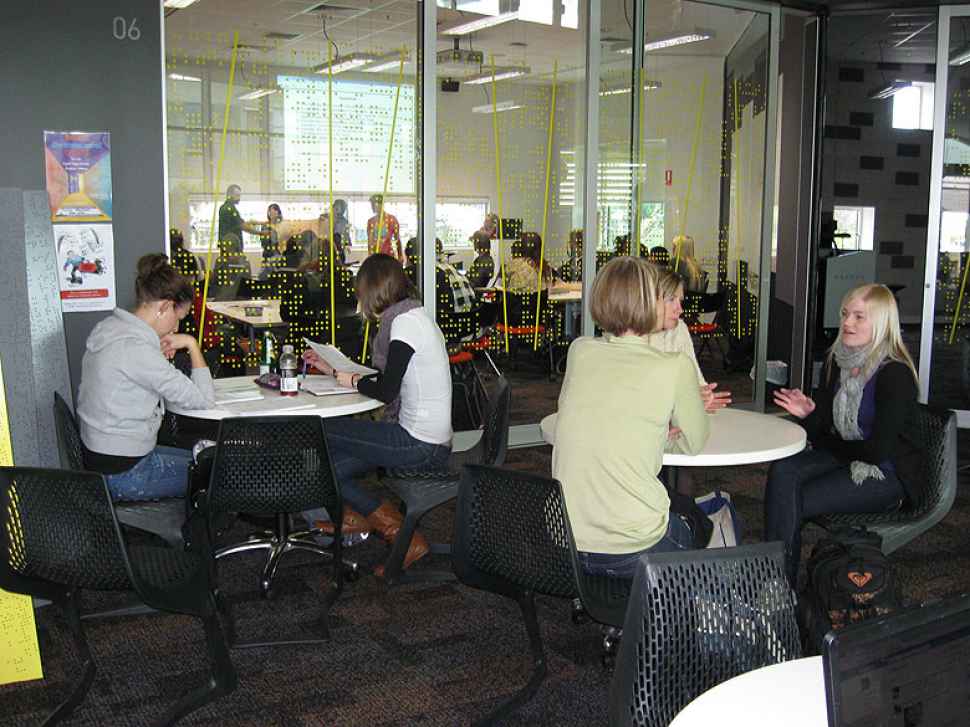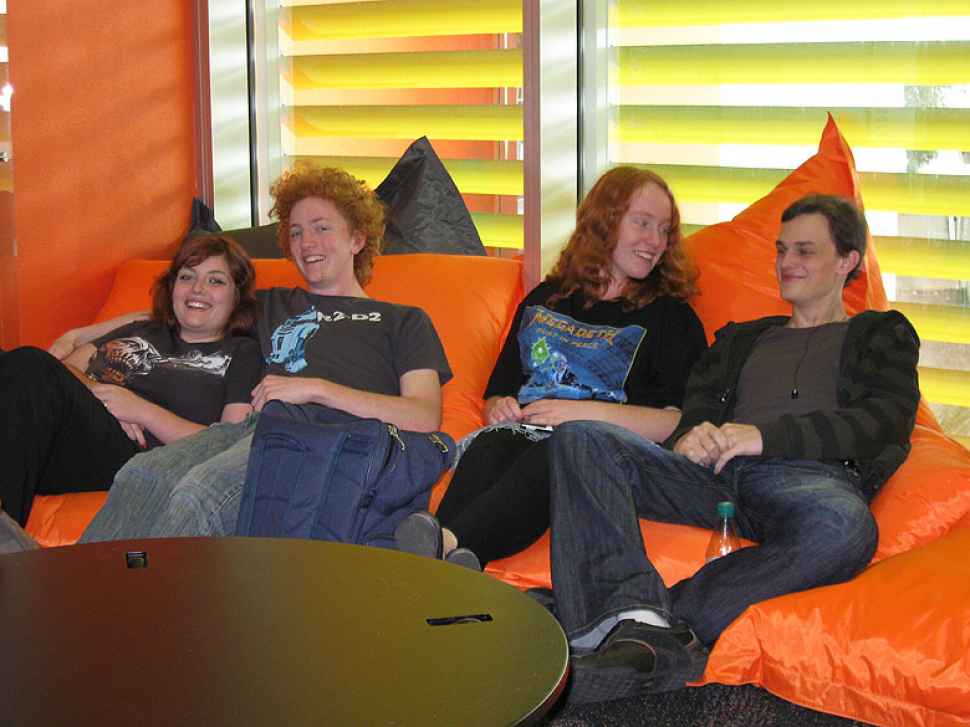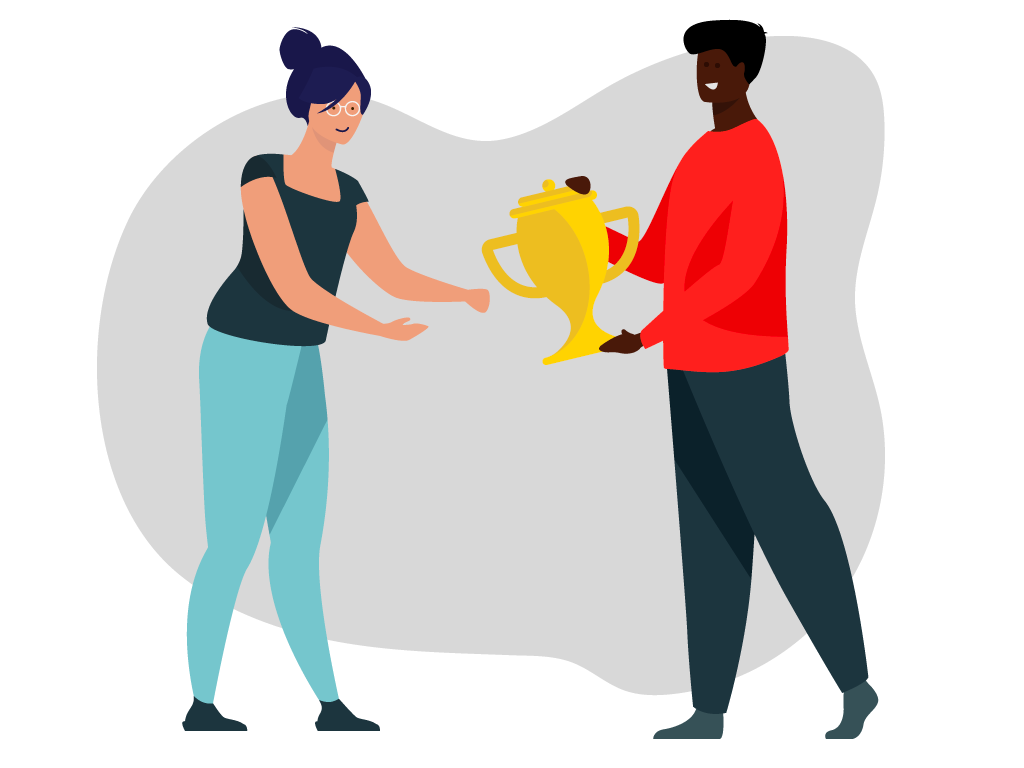
College of Science and Engineering
As a student of the college, you’ll graduate with the ability to tackle the biggest challenges of the twenty-first century: fighting global warming, curing diseases and viruses, discovering green resources and energies and uncovering the mysteries of space.
Welcome to the college
At the College of Science and Engineering we believe in the power of science and engineering to solve real world problems. We strive to advance fundamental science, to create new technologies, and to work across discipline boundaries. Our interests scale from the sub-atomic through to entire oceans, forests and beyond. We seek to understand the past, but also to create the world of the future.
Our researchers seek to discover new understandings in fields as diverse as groundwater hydrology, forensic science and medical devices, while our teaching offers qualifications in areas of biological sciences, chemical and physical sciences, computer science, information technology, engineering, mathematics and the environment.
Our college is an exciting place to research, study and work, supported by best practice teaching methods, practical work-related learning and advanced facilities. We are the power behind creative science and engineering.
Flinders University acknowledges the Traditional Owners on lands in which its campuses and centres are located and honour Elders past and present. These are the traditional lands of the Arrernte, Barngarla, Boandik, Dagoman, Erawirung, Gunditjmara, Jawoyn, Kaurna, Larrakia, Nauo, Ngadjuri, Ngarrindjeri, Peramangk, Ramindjeri, Wardaman, and Yolngu peoples, spanning across South Australia, Northern Territory and Victoria.
Key dates
Course and subject advice
We want you to be successful in your studies and are here to help.
We offer access to a wide range of support, advice and guidance online, over the phone and in person.
Join a club or group
Joining a Flinders University Student Association (FUSA) club is a great way to involve yourself in the University community and meet like-minded individuals who share the same hobby or passion. Not only does it provide a great break from study, joining a club expands your opportunities outside of the classroom and allows you to network with others in the same field of study. Below is a snapshot of the clubs that relate to the College of Science and Engineering.
For a full list of clubs and associations, visit the FUSA website.

College facilities
Science Innovation Learning Centre (SILC)
The SILC has been designed to support first year students by providing flexible spaces and open plan areas. These create an environment where students can engage in learning, and share their experiences with others. It provides a focal point for first-year students to study and interact.


Do you have an idea or some feedback for the college?
Tell us via our Student Ideas Gateway
Want to undertake an honours degree?
Undertaking an honours degree in the College of Science and Engineering provides many opportunities to experience the intellectual fertility that arises from a broad base of disciplines all working together, that are normally separated into departments in many universities.
How to apply
If you have completed (or are about to complete) a 3 year bachelor degree, and are applying to add on a 1 year honours course, there are two steps in the application process:
Step 1: Apply online for the course via the student system. When applying, you need to search for the relevant course code (HBSC or HBIT or HBDTI or HBAGIS or HBEM) and select the correct 1 year course that you wish to apply for.
Step 2: Submit an Expression of Interest for at least two projects via the College of Science and Engineering Honours and Masters project website. Before submitting your Expression of Interest for projects, you must speak with potential supervisors to discuss the projects on offer.
If you are currently admitted into a 4 year honours course at Flinders University, you can skip Step 1 and go straight to Step 2, as students already in a 4 year honours course DO NOT need to submit an application via the student system for a new course.
Further information can be requested from cse.enquiries@flinders.edu.au.
Useful links
College leadership
Your college leadership team are here to ensure a high quality education experience for all students.

The Vice-President and Executive Dean (VPED) for the College of Science and Engineering is Professor Raymond Chan.
The VPED is key to supporting a positive academic experience for all students. The VPED will sit on committees and groups on matters relating to learning and teaching, academic facilities and academic policy and processes.
The Dean (Education) for the College of Science and Engineering is Professor Giselle Rampersad
The Dean (Education) develops college strategic initiatives and participates in planning and policy setting with a particular focus on learning and teaching.

- Director College Services: Clint Chapman
- Dean (Research): Professor Mark Taylor
- Dean (People and Resources): Professor Martin Johnston
- Associate Dean (Learning and Teaching): Associate Professor Ingo Koeper
Your college leadership team
The CSE college leadership team is made up of the following roles:
Vice President and Executive Dean
Director, College Services
Dean (Education) | Dean (Research)
Dean (People and Resources)
Associate Dean (Learning and Teaching)
Contact the college
Bedford Park campus
Student enquiries: Ask Flinders
Call us: + 61 (08) 8201 7700
Email us: cse.enquiries@flinders.edu.au
Visit us:
College of Science and Engineering
Physical Sciences Building 010, Anchor Court
Bedford Park
Tonsley campus
Call us: +61 (08) 8201 2675
Visit us:
College of Science and Engineering
Level 3, Tonsley Building 1
1284 South Road
Tonsley
![]()
Sturt Rd, Bedford Park
South Australia 5042
CRICOS Provider: 00114A TEQSA Provider ID: PRV12097 TEQSA category: Australian University










